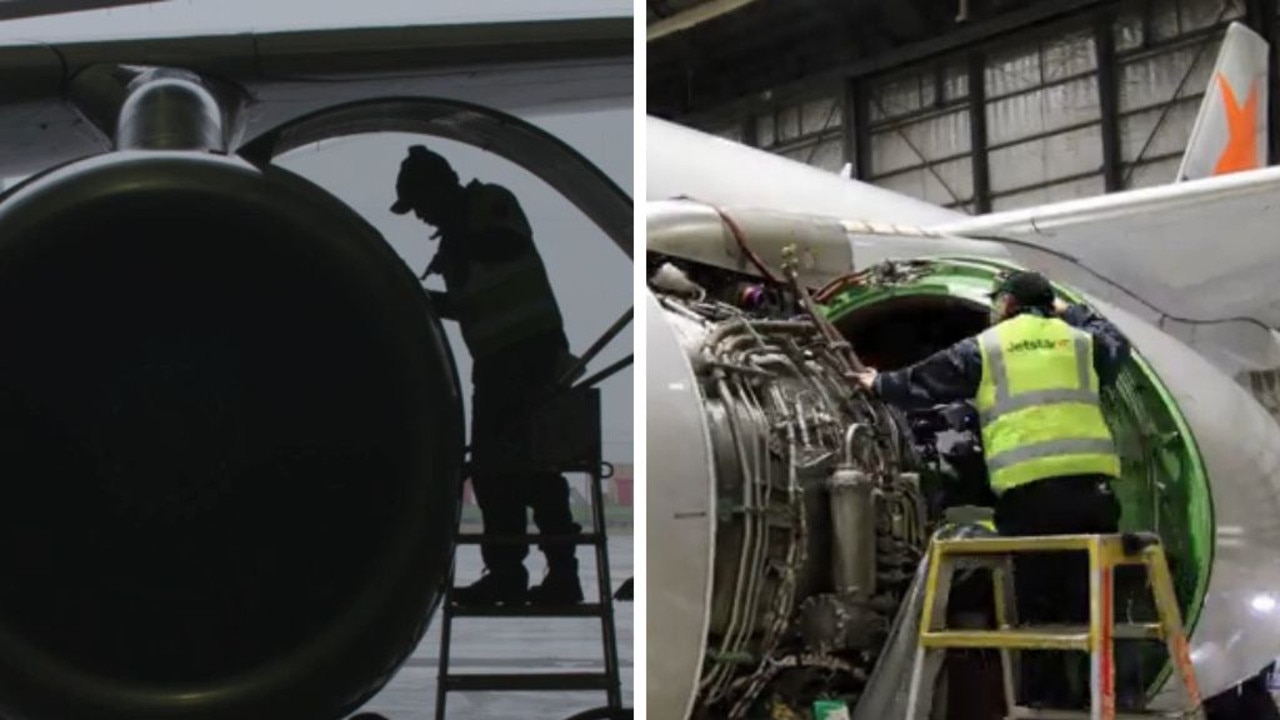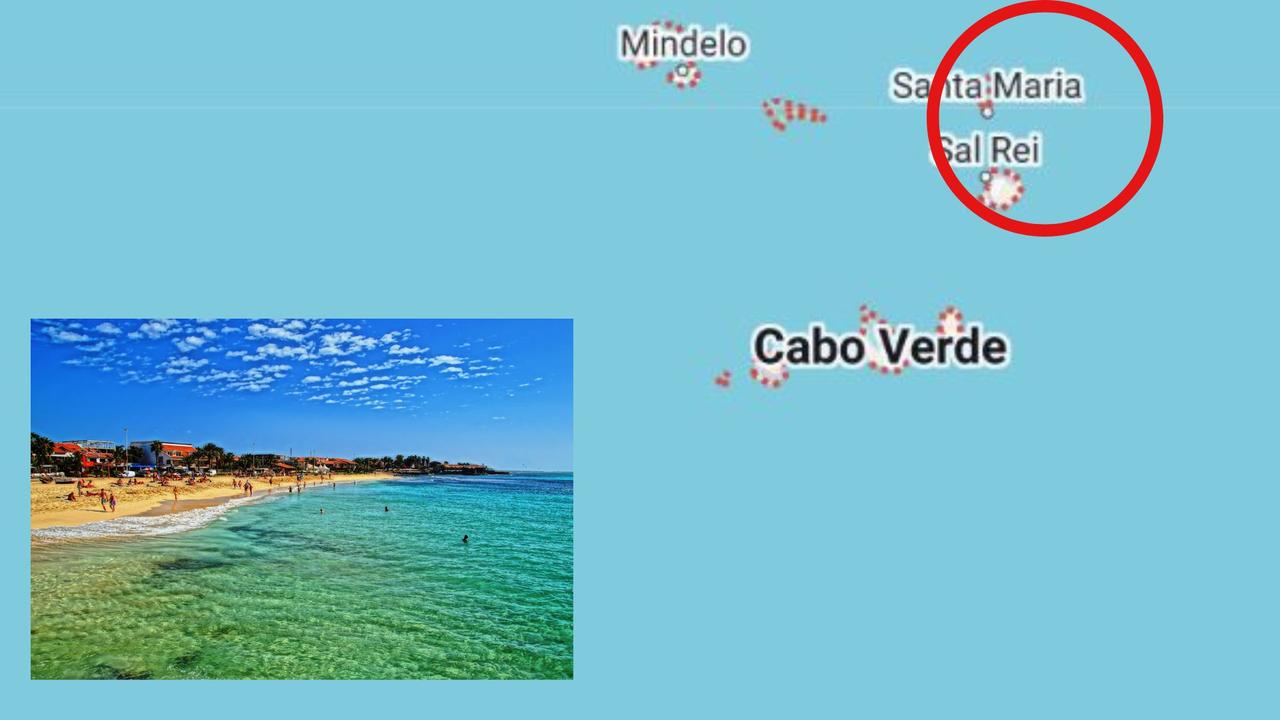Coronavirus Australia: Why are travel bans in place? How long will they last?
Australia, we're officially locked in. Scott Morrison's historic travel ban is now in force, and this is what we need to know.

It's official: Australians can no longer leave the country.
The federal government has instituted a historic overseas travel ban as it ramps up efforts to rein in the coronavirus outbreak.
Prime Minister Scott Morrison announced the ban last night, which went into effect at noon today.
“We have previously had a do-not-travel warning on Smartraveller in terms of all overseas travel. That will turn into a ban,” Mr Morrison said last night.
“People shouldn't be doing it right now, that is the advice. No one should be getting on a plane and going overseas. We have been making the point for some time."
Here's what we know about the unprecedented new ban.
RELATED: Follow the latest coronavirus updates
RELATED: All the things banned in Australia
WHAT DOES THIS MEAN?
Simply, you can't leave the country. This applies to all travel, whether by air or sea.
There are a tiny handful of exceptions, which we'll explain. But travelling for leisure is absolutely not allowed.
WHY IS THIS HAPPENING?
The Department of Foreign Affairs and Trade (DFAT) says the ban will "help prevent travellers returning to Australia with coronavirus".
Before today, DFAT had a level 4 “do not travel” advisory for all overseas travel. The PM said a small number of Australians had ignored that advice – hence the full-blown ban.
“The number of people … leaving Australia now is very, very low. But still, it strikes me on those numbers there are people defying that advice and looking to go overseas on leisure travel,” Mr Morrison said.
“They can’t, because when they come home they put Australians at risk. I thought that would have been fully complied with and Australians are pretty good but we need to put the arrangements in place.”
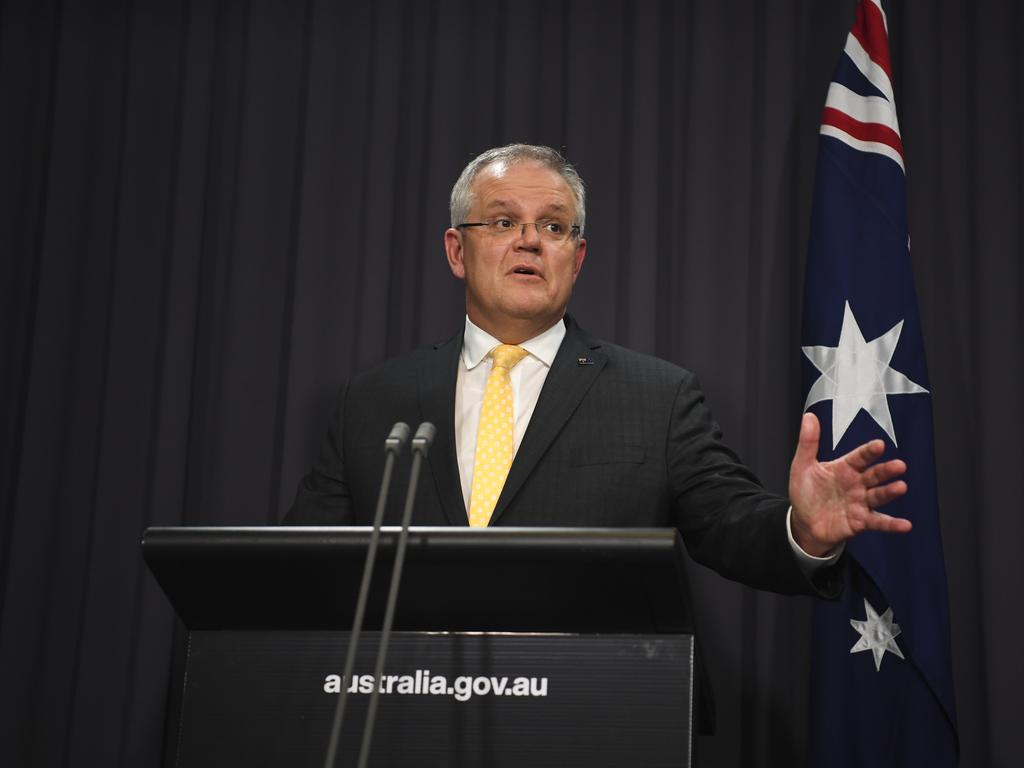
The concern is that a "significant number" of coronavirus cases in Australia are people who have returned from overseas travel, chief medical officer Brendan Murphy said.
Returning travellers must immediately self-isolate for 14 days regardless of whether or not they feel ill.
"We will not tolerate anybody putting the community at risk as a returned traveller," Dr Murphy said.
"People coming back from some countries — and you know which ones they are — have a high risk now of carrying the coronavirus and they are the people who've largely led to the spread of the virus in our community over the recent weeks.
"So, returned travellers, please, stay at home. Don't go anywhere on the way from the airport or the cruise ship or wherever you are from."
WHO CAN LEAVE?
DFAT has designated a number of exceptions to the ban. In the department's words, this includes travel that is essential or necessary, where travel is in Australia's national interest, and on compassionate or humanitarian grounds.
The exact definition of "essential or necessary" is not clear, but we do know aid workers are exempt, along with people who absolutely must travel for work, and people who need to travel for compassionate reasons. The Australian Border Force will determine who is eligible for exemption.
People who normally live overseas will still be allowed to leave Australia.
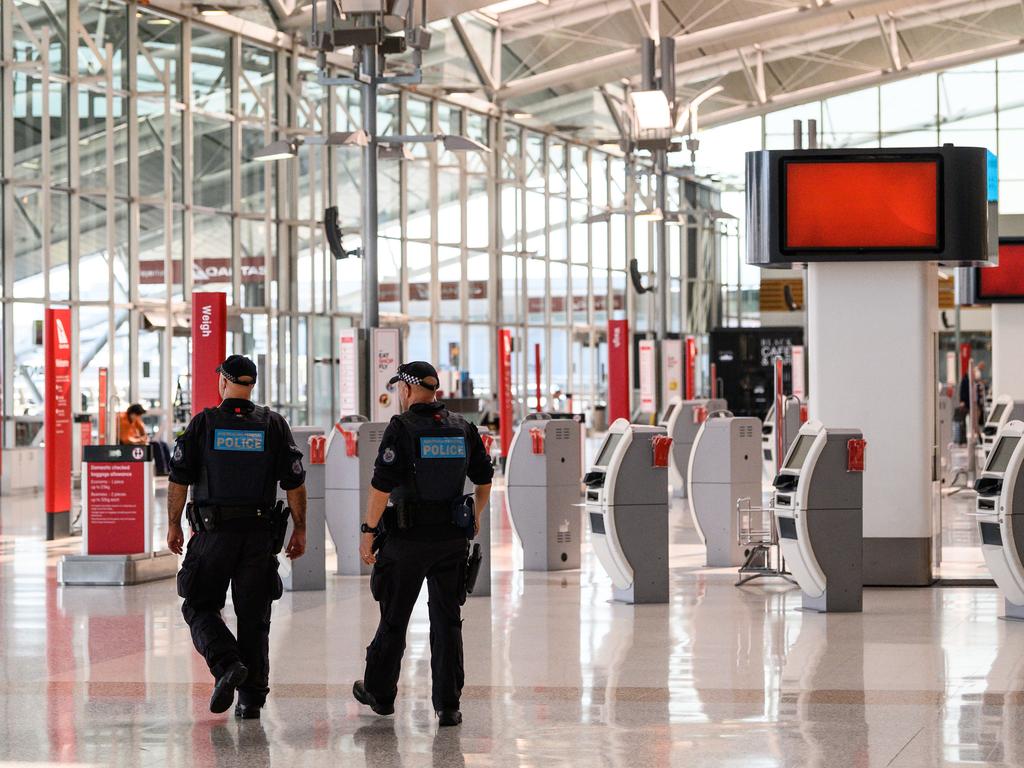
HOW LONG WILL THIS LAST?
As with other measures announced recently, Mr Morrison has not been specific about how long the ban will last, so we could be stuck with it for a while.
It's all part of the government's strategy of "flattening the curve" to reduce transmissions and ease the strain on the health system.
However, with nations shutting down borders and airlines grounding international flights, it may be some time before Australians can practically travel overseas anyway.
HOW WILL THIS BE ENFORCED?
The federal government will enforce the ban under its powers in the Biosecurity Act 2015, which oversees biosecurity risks to human health and the environment.
It's not yet clear how Australians will be stopped from leaving and what penalties may apply. News.com.au has approached DFAT and the Department of Home Affairs for more information.
RELATED: Virgin Australia culls almost all flights
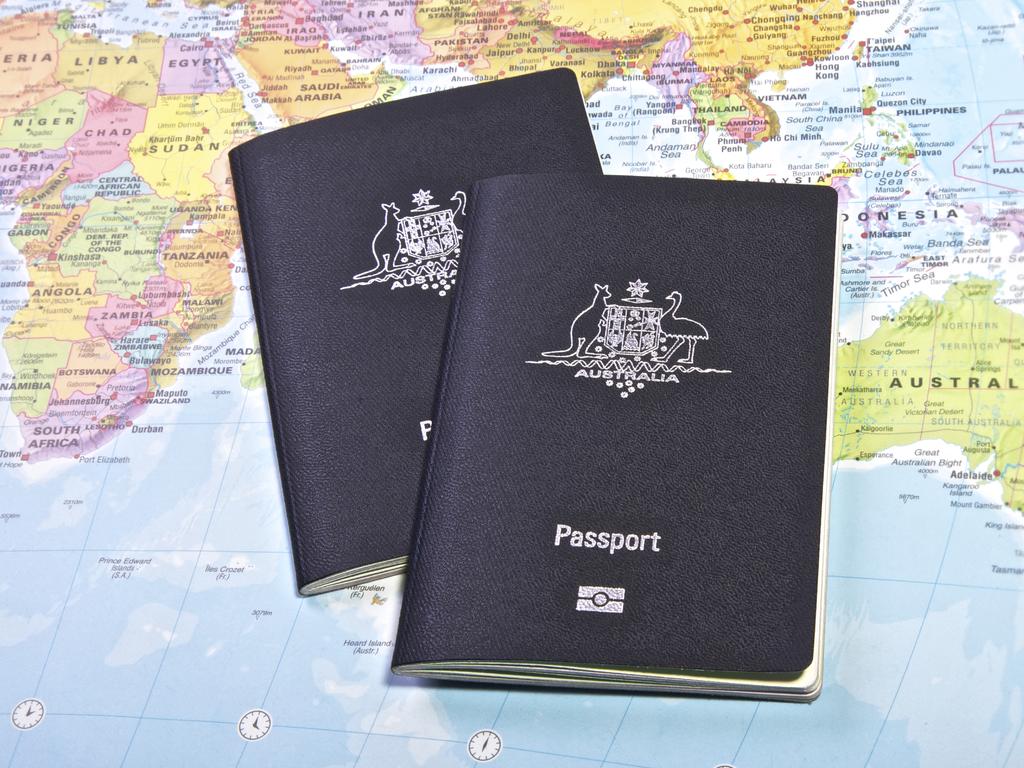
HAVE AIRPORTS SHUT DOWN?
As there are exceptions to the ban, and Australians are still arriving from overseas, international terminals remain open.
Sydney Airport says retailers in its terminals are still offering takeaway services, however seating in food court areas is now banned.
I HAD A TRIP BOOKED. WHAT DO I DO NOW?
By now we should have all accepted we won't be jetting off on holidays anytime soon. (Sadly, we can't go far within Australia, either.)
People who had overseas travel booked should contact their insurance providers, travel agents, accommodation providers, tour operators and airlines to find out what can be done in terms of cancellations, changes and refunds.
The good news is Australia's airlines have been pretty flexible in allowing customers to change plans with the usual fees waived. For more on what the airlines are doing, read here.


